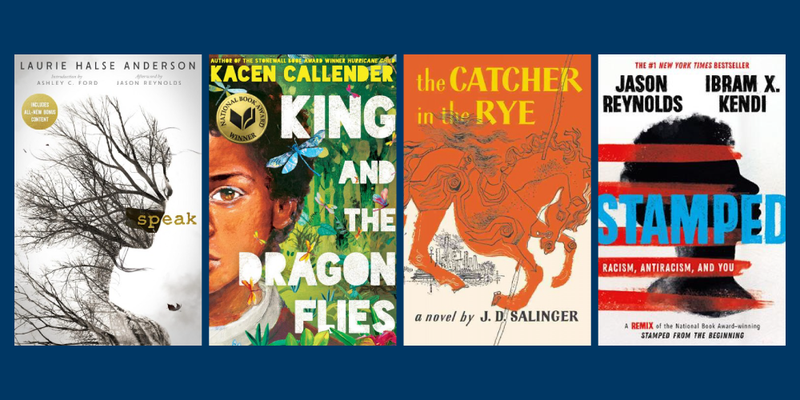
NEW YORK (WCBS 880) -- The New York Public Library and Brooklyn Public Library systems launched parallel campaigns to make commonly banned books available all over the country for free through the libraries' e-reader apps.

The NYPL's Books For All campaign and BPL's Books UnBanned campaign aim to undermine the drastic increase in book bannings that have taken place in the United States recently.
The American Library Association tracked 729 censorship programs targeting over 1,500 books in 2021, almost double the number of banned books in 2019.
The Brooklyn Public Library system is waiving its $50 out of state card fee for readers ages 13 to 21. The library card gives access to the library's e-reader. Frequently banned books will be available with no holds or wait times.
"Books UnBanned will act as an antidote to censorship, offering teens and young adults across the country unlimited access to our extensive collection of ebooks and audiobooks, including those which may be banned in their home libraries," BPL President and CEO Linda Johnson told WCBS 880's Marla Diamond.
The NYPL partnered with Hachette Book Group, Macmillan Publishers and Scholastic to make four books easily accessible and free on the library’s SimplyE app.
The opening salvo in the library’s war on censorship includes:
-Speak by Laurie Halse Anderson, a young adult novel that addresses sexual assault and trauma.
-King and the Dragonflies by Kacen Callender, a coming out story about a boy who thinks he might be gay and his abusive father.
-Stamped: Racism, Antiracism, and You by Jason Reynolds and Ibram X. Kendi, a non-fiction book that examines the history of racism in America and strategies for combating racism.
-The Catcher in the Rye by J.D. Salinger, a timeless coming of age story about angst and alienation.
"These recent instances of censorship and book banning are extremely disturbing and amount to an all-out attack on the very foundation of our democracy,” said New York Public Library President Anthony W. Marx. “All people have the right to read or not read what they want. We are all entitled to make those choices. But to protect those freedoms, the books and information must remain available. Any effort to eliminate those choices stands in opposition to freedom of choice, and we cannot let that happen.”


